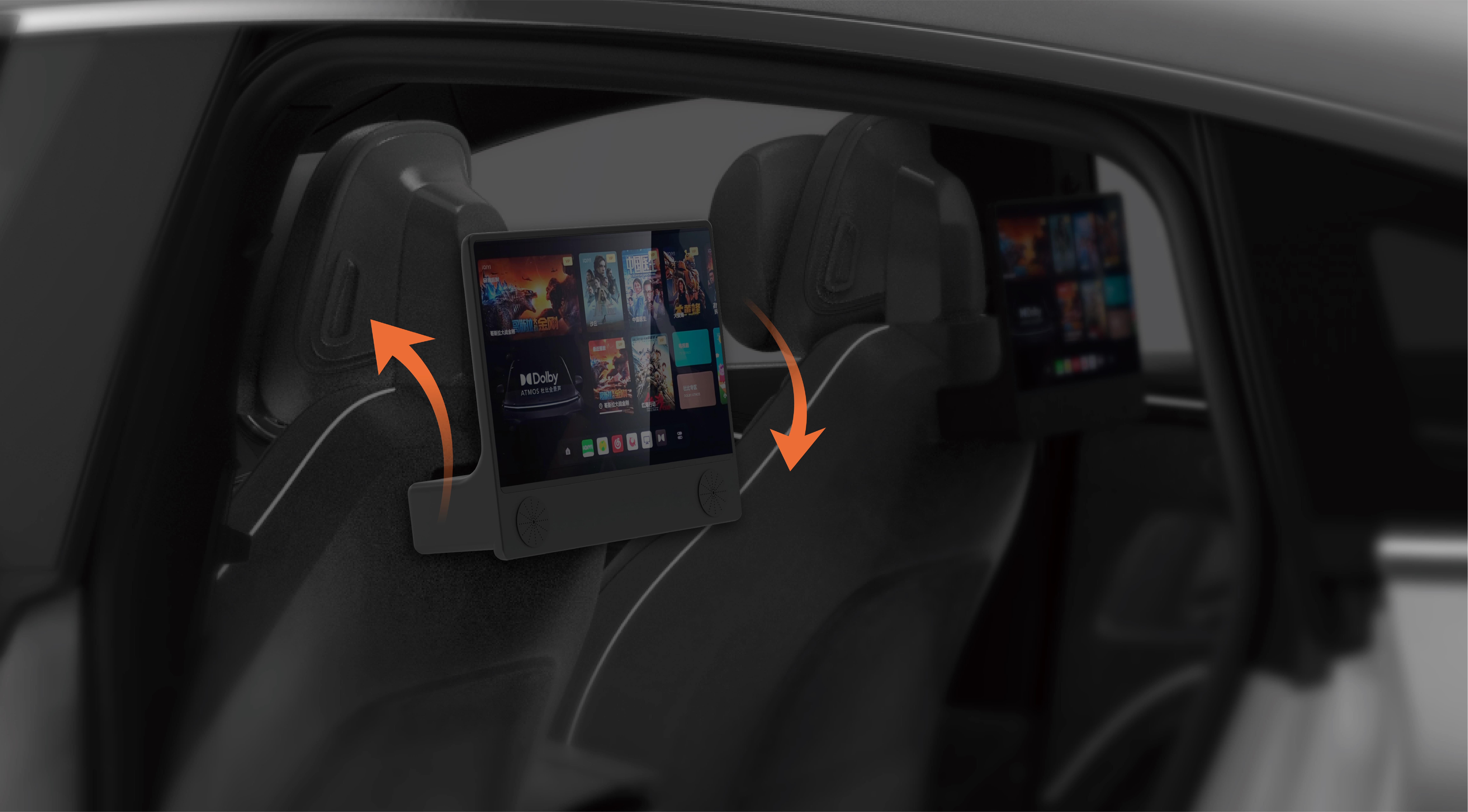When businesses start to scale, the choice between a distributed monolith and microservices often becomes a critical one. Many companies face this crossroads as they grow, trying to decide which architecture will give them the flexibility, performance, and scalability they need for the future.

A distributed monolith might sound like a paradox, right? It’s a system that, on the surface, looks like it’s composed of multiple services, but underneath it all, it still relies on one central codebase. It's often a way for teams to break down large applications into smaller, easier-to-manage parts while maintaining some of the simplicity of a monolithic architecture. However, it can come with its own set of challenges. You may find that each service still depends on others in ways that make it harder to deploy, scale, and update independently. Even though you’re working with smaller modules, the tight coupling often results in complex interdependencies, which can slow things down.
Take, for instance, a team that's trying to roll out a new feature. In a distributed monolith, they might need to update the entire system just to push out one small change. This can be a pain when it comes to keeping things up and running smoothly without disrupting the user experience.
On the flip side, microservices offer a cleaner, more modular approach. Each service is built to handle a single business function. These services run independently, which means that updates or changes to one service don't impact the others. Imagine a retail website with separate services for user authentication, inventory management, and payment processing. With microservices, if you need to update the payment system, you can do so without worrying about breaking the authentication process. This makes rolling out new features faster and more flexible.
But let’s not sugarcoat it. Microservices come with their own hurdles. Managing numerous small services means you need a robust infrastructure for things like communication between services, load balancing, and monitoring. The complexity can get overwhelming if not done right. Some companies have found themselves lost in a sea of services that are harder to track, debug, and maintain.
When you’re trying to make a decision, it’s important to consider the size and maturity of your team. If you’re a smaller company just starting out, a distributed monolith might give you the simplicity you need while still allowing for growth. You’re not diving straight into the complexities of microservices but still keeping things modular enough to scale over time. On the other hand, if your company is large, with multiple teams working on different features, microservices could be the answer. The independence of each service allows your teams to work without stepping on each other’s toes, giving them more freedom to innovate.
At the end of the day, there's no one-size-fits-all answer. Whether you choose a distributed monolith or microservices will depend on your team’s needs, your company’s goals, and the complexity of the system you're building. But one thing is certain: as your business grows, the flexibility to scale efficiently will become more crucial than ever. Making the right choice now can save you from a lot of headaches in the future.
Established in 2005, Kpower has been dedicated to a professional compact motion unit manufacturer, headquartered in Dongguan, Guangdong Province, China. Leveraging innovations in modular drive technology, Kpower integrates high-performance motors, precision reducers, and multi-protocol control systems to provide efficient and customized smart drive system solutions. Kpower has delivered professional drive system solutions to over 500 enterprise clients globally with products covering various fields such as Smart Home Systems, Automatic Electronics, Robotics, Precision Agriculture, Drones, and Industrial Automation.




































